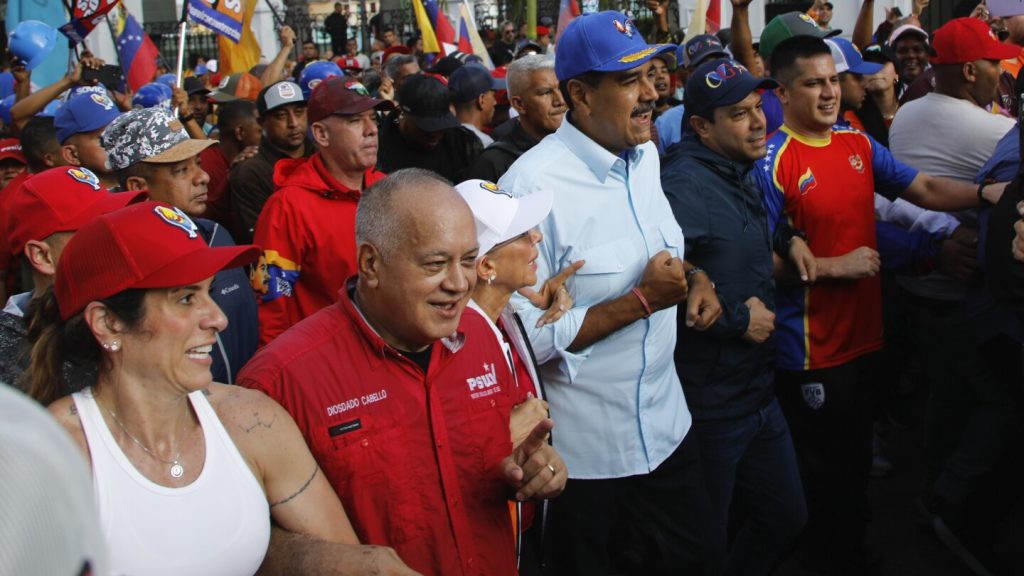The leaders of Brazil, Mexico, and Colombia, known as the three amigos, have taken a diplomatic risk by involving themselves in the political crisis in Venezuela. These leftist leaders have traditionally maintained a hands-off approach to Venezuela’s internal affairs, but they have now stepped in to mediate the dispute over the country’s recent presidential election. However, experts are skeptical about the success of this peacemaking effort, citing divisions among Latin America’s left and pressure from the U.S. on Venezuelan President Nicolas Maduro to recognize defeat and step aside. The main outcome so far has been to give Maduro more time to consolidate his rule and crack down on opponents.
The three amigos, Lula da Silva, López Obrador, and Petro, initially received praise for their efforts to resolve the election dispute in Venezuela. They called for transparency in the election results and refused to recognize Maduro’s claim of victory without clear evidence. However, as weeks have passed and the Venezuelan government continues its crackdown on the opposition, the trio’s influence has waned. Calls for a phone call between the presidents and Maduro have not materialized, and the trio’s commitment to a transition to democracy has been questioned. The U.S., while condemning the apparent election fraud in Venezuela, has opted to support the diplomatic efforts led by the three leaders.
The U.S. holds leverage over Maduro through crippling oil sanctions and a bounty for his arrest on drug trafficking charges. This leverage could make it difficult for Maduro to effectively govern for the next six years. Any potential exit plan for Maduro would likely involve amnesty for him and others accused of corruption, drug trafficking, and human rights abuses. However, the involvement of foreign countries, including the U.S., may be limited in enforcing such a plan as long as Maduro retains the support of the armed forces and powerful allies like Russia and China. Despite the failures of past U.S. policies towards Venezuela, the trio of Latin American leaders are seen as pragmatic voices in the current crisis.
The U.S. and other countries have refrained from recognizing opposition leader Edmundo González as the winner of the election, choosing instead to support the diplomatic efforts led by the three amigos. The trio’s focus on stability and avoiding conflict has drawn criticism from some experts who question their commitment to promoting democracy in Venezuela. As the situation in Venezuela remains tense, with opposition leaders claiming a victory for González and the government cracking down on dissent, the role of the three amigos in mediating the crisis is uncertain. Foreign involvement in Venezuela’s internal affairs may face challenges in the face of Maduro’s entrenched power and international alliances.


